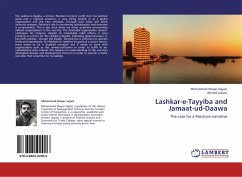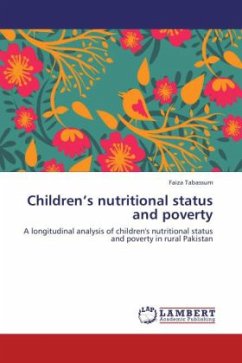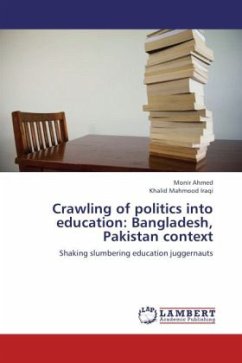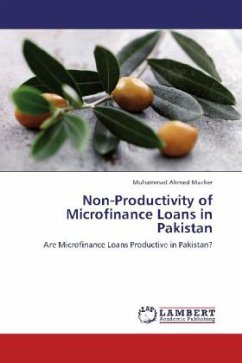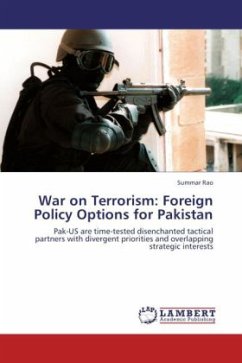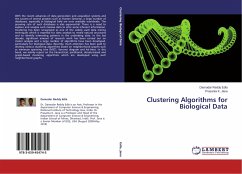The Lashkar-e-Tayyiba, a known Pakistani terrorist outfit that has political goals and a regional presence, is now being looked at as a global organization and the new al-Qaeda. Through such hasty and often incorrect analyses, Pakistan's role in countering radicalization and terrorism is compromised. This is also since there are other questions surrounding militant organizations in the country. The charitable organization Jamaat-ud-Daawa for instance, despite its remarkable relief efforts, is seen primarily as a front for the Lashkar-e-Tayyiba. Following global pressure, it has been publicly - though not legally - banned but it continues to operate freely and impressively. For Pakistan to redefine its goals of a secure future, there needs to be a localized narrative and it needs to work with organizations such as the Jamaat-ud-Daawa in order to fulfill its de-radicalization aims. Indeed, this requires an understanding of the country's ideological domain and development concerns in order to counter a meta-narrative that is harmful for its stability.
Bitte wählen Sie Ihr Anliegen aus.
Rechnungen
Retourenschein anfordern
Bestellstatus
Storno

